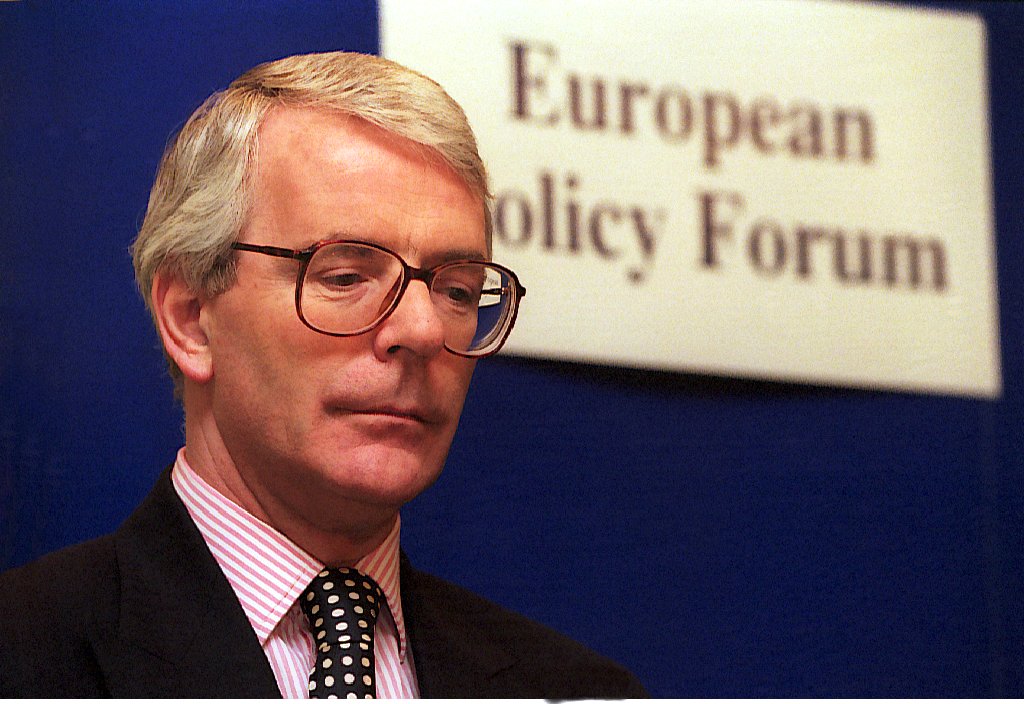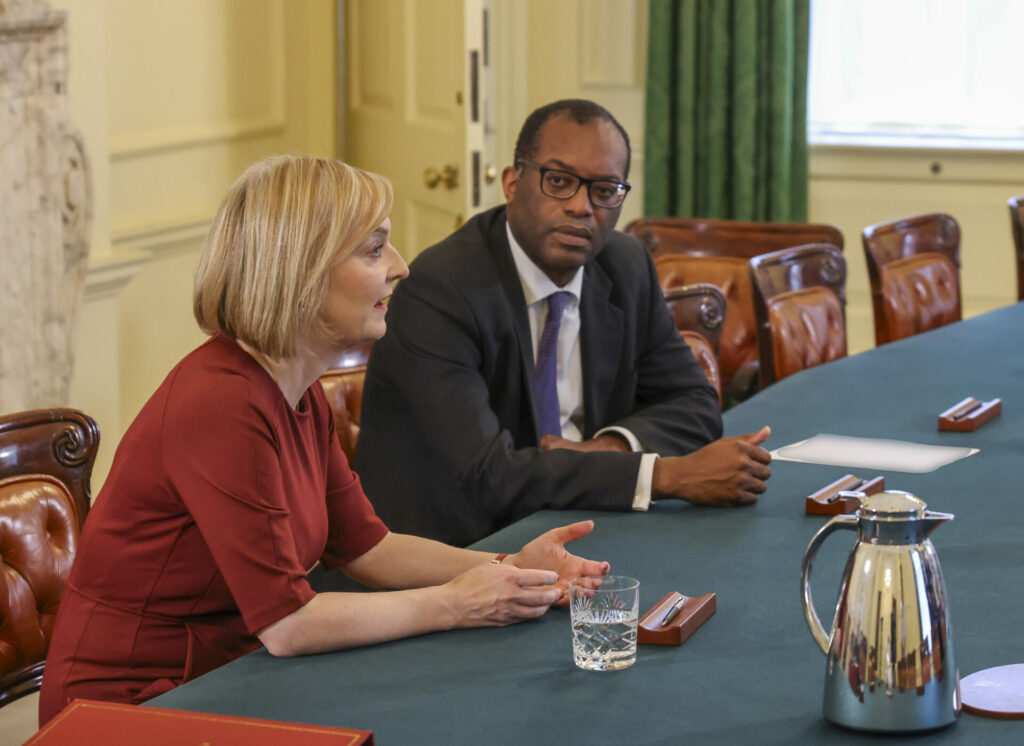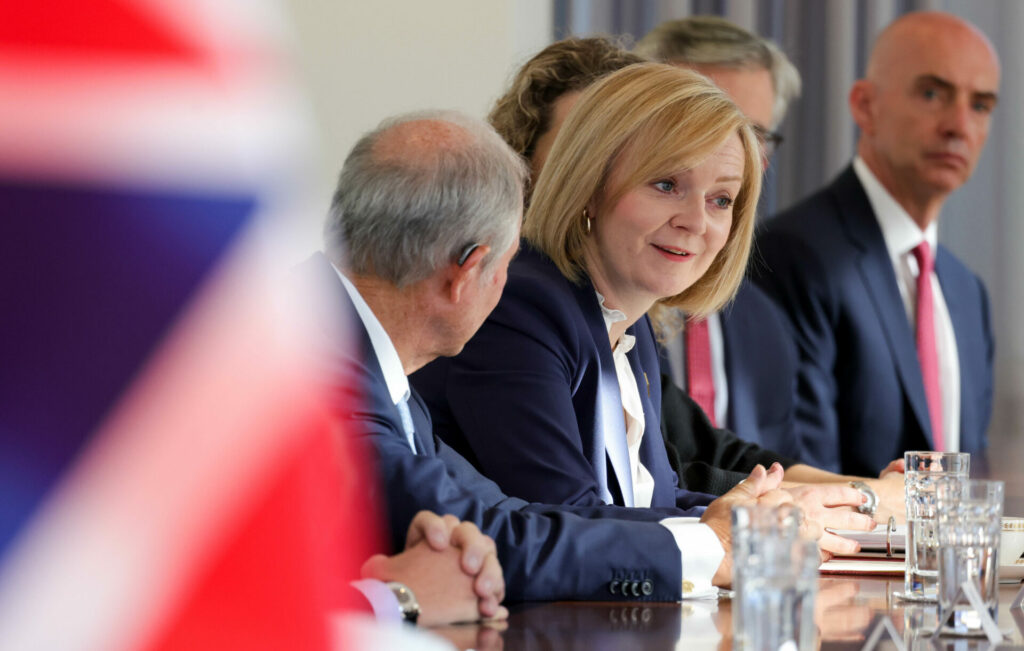With the pound sterling falling to record lows, the pressure is already mounting on newly-appointed British Prime Minister Liz Truss. Since taking office, Truss has taken up traditional Conservative Party economic policy akin to that enacted by Thatcher.
However, despite placing themselves firmly on the side of the markets and big business, many Conservative Party members will have been left reeling after the recent news of the pound sterling falling to a 37-year low against the US dollar. At time of writing, £1 is now worth $1.07 and €1.12 in currency exchange centres in London.
With her first week on the job marked by the mourning Queen Elizabeth II, British politics is up and running again with many asking themselves how this drop in value has been so sudden and severe.
Why is it that a newly-elected Prime Minister, who played up to her neoliberal sympathies, is now on the receiving end of negative market reactions that may further erode the UK's financial standing in the world?
The rundown
As a party that never shies from the opportunity to vaunt its fiscally responsible outlook (even if this is often debatable), even the most dishonest of Conservatives would have trouble presenting their current performance on economic matters as a success.
25 years ago, John Major's government was forced to withdraw sterling from the European Exchange Rate Mechanism (ERM) after its exchange rate exceeded the lower limit established by the then European Economic Community.
The move tarnished the Conservatives' reputation on the economy, contributing to Tony Blair's landslide election win in 1997.

Former British Prime Minister John Major in 1997. Credit: Belga.
Today, the Conservatives' image is under threat once more, as Chancellor of the Exchequer Kwasi Kwarteng's latest mini-budget has drawn the ire of financial markets across the world.
In order to achieve record growth, the British Government has set aside £45 billion in tax cuts for the country's richest. Yet traders are now concerned that Britain's finances will soon reach breaking point, with the government unable to explain how such cuts will be financed. The pound has sunk to record lows as investors hold back from lending money to the government.
The impact
As a result of the pound's devaluation, the Bank of England is expected to hike interest rates in November, much sooner than first anticipated. Britain will be therefore charged more for borrowing and millions of homeowners' monthly mortgage payments will increase.

Prime Minister Liz Truss and Chancellor Kwasi Kwarteng discuss their Growth Plan ahead of a fiscal statement to the House of Commons on Friday 23 September. 10 Downing Street. Credit: Andrew Parsons / No 10 Downing Street / Flickr
Furthermore, imports of goods priced in dollars (such as oil and gas) will be more expensive if the pound remains at its present level, pushing up inflation, which is already at its highest level in decades.
The reactions
Chancellor of the Exchequer Kwasi Kwarteng has refused to "comment on market movements" but the government is already under pressure from fellow party members. After having to deal with the death of the UK's longest-ever reigning monarch Queen Elizabeth II, rivals and detractors already seem to be circling around Liz Truss.
Related News
- Pound plummets to 37-year low of $1.09
- British Government announces biggest tax cuts since 1988
- The Brussels that Boris Johnson almost broke
Having won over 57.4% of the Conservative Party membership during the recent leadership election to replace Boris Johnson, Truss played to the right-wing of the Conservative Party membership.
Her promise to cut taxes in office saw her defeat rival PM candidate Rishi Sunak – the former Exchequer and front-runner to become Prime Minister – who had presented himself as the voice of a more fiscally conservative approach towards the energy crisis.
Certain Conservative MPs are already showing their discontent towards Truss, with one former Conservative minister stating that some of their fellow MPs "are already putting letters in as they think she will crash the economy."
To that end, if Truss' premiership were to face a motion of no-confidence and lose, this would result in the Conservative Party electing a fifth PM since Britain voted to leave the European Union in 2016.
As a point of comparison, Italy will have had the same amount of heads of government as the UK in the same time period.
Just as the Italian Government, even if led by the far-right for the first time since Benito Mussolini, will always be able to rely on economic constraint by the European Central Bank, all eyes are now turning to the Bank of England on further action.
With Stephen Innes, Managing Partner at SPI Asset Management, telling the BBC that the bank "to stop the bleeding even temporarily, may well enter 'whatever it takes' territory to bring inflation down."

